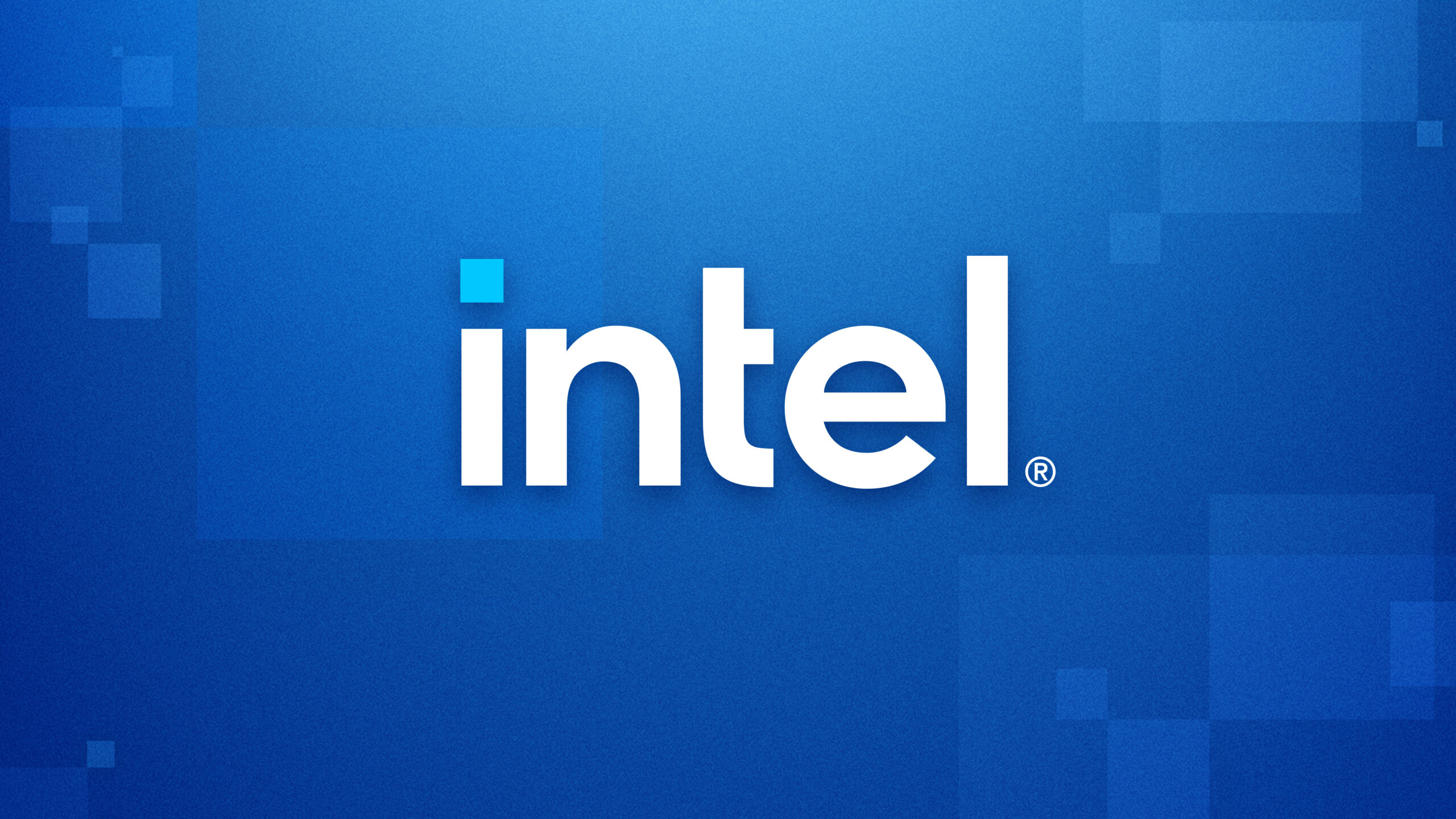I know Intel's culture is unique - but do a lot of technical decisions really get made at the "direct reports to the CEO" level?. I spent a lot of time at Lockheed Martin, and major technical decisions - even for F-22, F-35 were definitely made more than a step below the CEO. (Though while Lockheed is similar to Intel in the complexity of the engineering required to succeed, it differs greatly in the # of unique products/services.)
Virtually no technicals details reach the CEO unless he or she asks for details, though Pat probably does for CPU product proposals, since he was a CPU architect. The level I was discussing is something like the SVP of CPU engineering gets together with her technical peers and staff and puts together a proposal for a next generation CPU development plan. (The SVP of CPU engineering is currently a woman.) And, I'll make this up, but say she asks for a budget of about $200 million, and big headcount targets, and other resources. And, there's a joint plan with manufacturing for process, packaging, and whatever requirements, which costs even more. Her EVPs for the Client and Datacenter groups aren't nearly as technical, but they drive the product requirements and a lot of the resources are in their groups. You want to spend in nine figures or more you're going to the CEO, and he's probably taking you to the BoD. For a CPU design Gelsinger probably is as viable a judge of a CPU development effort as any CEO in the industry.
For manufacturing, who's the equivalent of Pat? Kelleher? She leads Technology Development, not manufacturing. I would think Intel would need leaders that look more like people on TSMC's leadership team. You can look for yourself, but I'm not seeing enough commonality.
Let's look at Apple's top line staff, as another example. If there's a more competent and technical top-line staff in the computing industry, I haven't seen it. Tim Cook himself is an Apple supply line expert. Apple's BoD has no technical experts, and they probably don't need them because Apple has a first-rate leadership team and builds consumer products. Intel builds products in markets only experts can understand. And, IMHO, if Intel's top-line staff were consistently better they wouldn't be having the challenges they are now. Intel has a lot of brilliant engineers.
That said, The Intel board certainly seems like an area of opportunity.. I also hope Intel is able to grow ARC into a positive revenue stream in the long term - they seem to have made some technical choices with the product that.. people they hired from AMD .. should have known better on.
I'm always skeptical of non-technical people making decisions on technical issues. If Intel's top line staff impressed me more, perhaps I'd be less skeptical.


/cloudfront-us-east-2.images.arcpublishing.com/reuters/L5XFA5JQR5NXVO45A4YU36ZQNQ.jpg)
